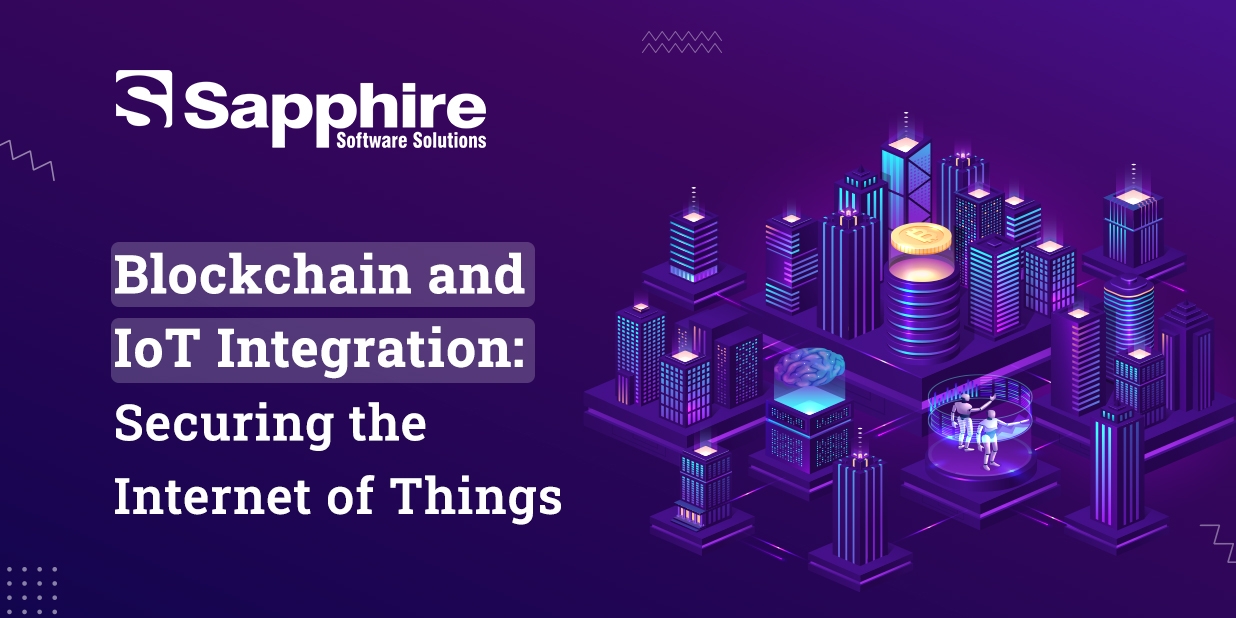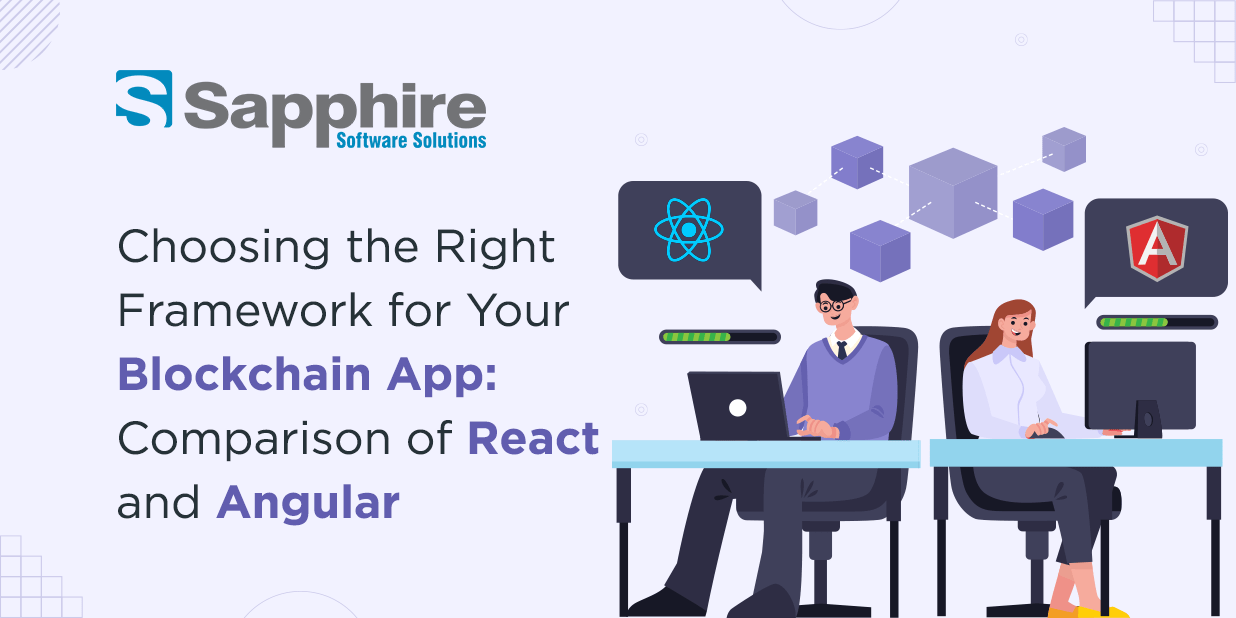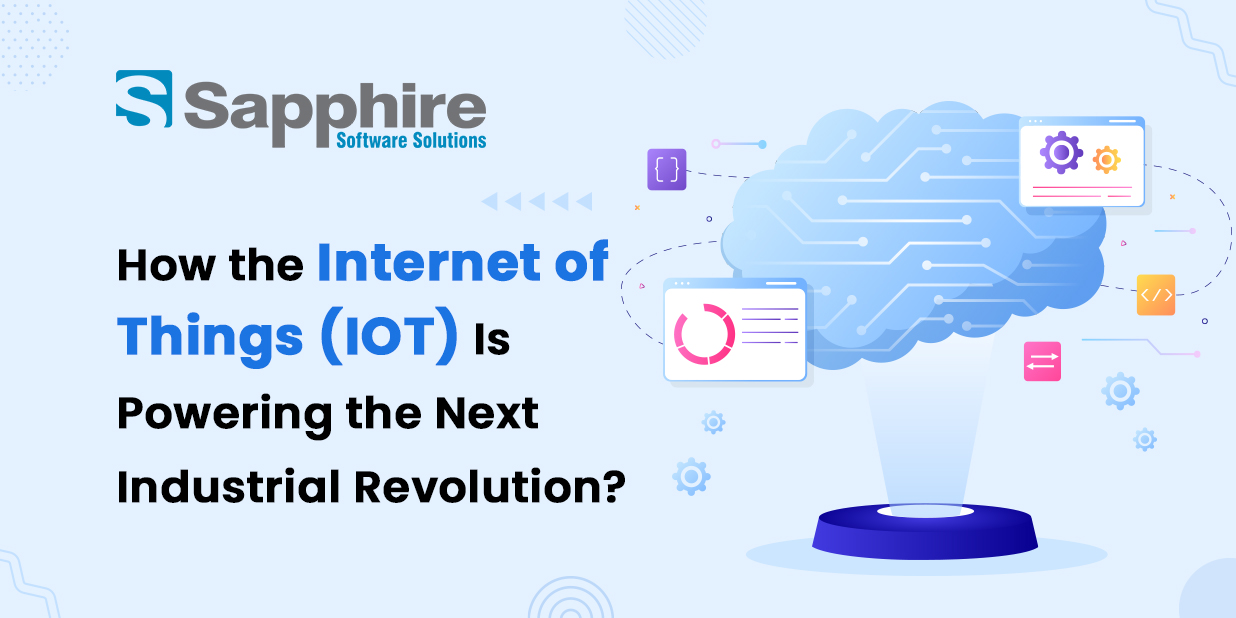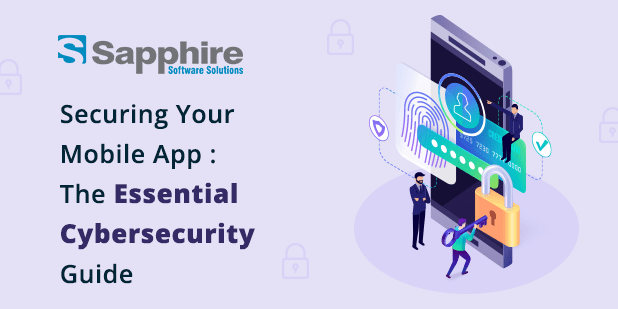IoT has transformed how we interact with and perceive our environment. It connects standard systems and devices for real-time data gathering, processing, and sharing. This interconnectedness poses serious security risks. Combining blockchain with IoT might improve IoT security and reliability. This blog examines the pros and cons of using blockchain development services to secure the Internet of Things.
The Internet of Things: A Brief Overview
Sensors, software, and network connections connect machines, wheels, buildings, and other objects in the “Internet of Things” network. These systems can share data without much human intervention. IoT benefits intelligent homes, healthcare, agriculture, transportation, and industrial automation. Despite its benefits, IoT poses concerns. Security must be a growth priority.
Security Challenges in IoT:
IoT devices have altered smart homes, healthcare, industrial automation, and agriculture. This rise in connectivity has caused several security issues to ensure the success and security of IoT ecosystems.
In the IoT, data integrity is crucial. Data integrity is crucial since so many devices generate and send data. Unauthorized changes or tampering may lead to bad decisions and damage. Maintaining IoT data integrity is essential.
In IoT networks, device authentication is a complicated problem. These networks include a broad range of hardware with various functionalities and communication standards. Confirming each device’s identification is crucial to avoid illegal access and abuse. Data privacy is a crucial issue since IoT devices often gather sensitive data. Protecting sensitive data from unwanted access is crucial to retaining user confidence and adhering to privacy laws. Data privacy violations may have severe legal and moral repercussions.
The exponential growth of IoT networks makes scalability difficult. An ever-growing network of devices may require more effort to manage and secure. Scalability problems may cause security holes and reduce system effectiveness.
Many IoT systems have a similar design known as centralized control. Nevertheless, it introduces single points of failure, leaving the whole network open to attack. To lessen this worry, decentralized and distributed control techniques are being investigated.
Blockchain Technology: A Primer
Blockchain technology is a game-changing invention that has become well-known as the foundation of cryptocurrencies like Bitcoin. However, its uses go well beyond virtual currencies and have the potential to transform many different sectors completely.
A primer on blockchain technology is provided below:
- Decentralization: Decentralization is crucial to blockchain technology. Blockchains function on peer-to-peer networks of computers called nodes, unlike centralized systems. Since each node has an identical blockchain, there is no central authority.
- Transparency: In a public ledger accessible to everyone on the network, blockchain transactions are recorded. Due to the immutability and traceability of every transaction, this openness increases responsibility.
- Security: To protect data, blockchain technology uses cutting-edge cryptography methods. A sequence of transactions is cryptographically connected and organized into blocks.
- Immutability: Information saved on a blockchain is unchangeable once recorded, making it impossible to change or remove. It is very secure because of its immutability, which produces a permanent and impenetrable record.
- Consensus Methods: Consensus techniques add blockchain transactions. These mechanisms ensure that only genuine transactions are put onto the ledger, including PoW and PoS, which differ in each blockchain system.
- Smart Contracts: Self-executing contracts with established rules are known as smart contracts. Without the need for middlemen, they automate and enforce the terms of a contract.
Blockchain-IoT Integration:
Using blockchain and IoT together provides a variety of answers to the security issues present in IoT systems. You can hire a IOT App Development Company to know how it can benefit your business.
The following are the main ways that blockchain might improve IoT security:
- Data Integrity: Blockchain technology may be used to build a safe ledger of IoT data, guaranteeing that the data is accurate and reliable. This stops terrible actors from interfering with the data that IoT devices produce.
- Device authentication: Blockchain makes it possible to provide each IoT device with a secure identification. The danger of illegal access is decreased when devices interact because they may use cryptographic methods to authenticate each other’s identities.
- Data Privacy: IoT systems may better safeguard user data and uphold user privacy by employing blockchain to handle data access rights and encryption keys.
- Scalability: Blockchain is well-suited for scaling IoT networks due to its distributed architecture and consensus processes. The blockchain network may change to accommodate new devices as they are added.
- Decentralization: By eliminating centralized control, IoT systems are less likely to have single points of failure, which lowers the likelihood of significant security breaches.
- Smart Contracts: Self-executing contracts with predetermined rules are called smart contracts. To increase security and efficiency, they may automate processes in IoT systems so that decisions are only made when particular criteria are satisfied.
Use Cases of Blockchain-IoT Integration:
According to supply chain management, blockchain may monitor the movement and state of items in the supply chain. IoT sensors may record temperature and humidity data, which can be safely stored on the blockchain to guarantee transparency and traceability.
- Healthcare: IoT devices in the healthcare sector may monitor patient health to protect data integrity and privacy. This data can then be stored on a blockchain. Processing insurance claims may also be automated using smart contracts.
- Smart Cities: IoT devices in the infrastructure of smart cities, such as traffic lights and environmental sensors, may exchange data over blockchain, improving overall security and effectiveness.
- Energy Grids: By using blockchain to connect IoT devices in energy grids securely, demand-response algorithms may be implemented and managed effectively.
Challenges and Concerns:
Blockchain and IoT have numerous benefits but also drawbacks:
- Scalability: A blockchain’s capacity to scale may be constrained by how resource-intensive it is to manage many IoT devices.
- Latency: Blockchain transactions could cause delays, and specific real-time IoT applications might be unable to tolerate this.
- Energy Consumption: Some blockchain networks, notably proof-of-work networks, need much energy, which may not be feasible for IoT devices that run on batteries.
- Standardization: Standardized protocols and frameworks, which are currently being developed, are needed to integrate blockchain with IoT.
- Cost: Organizations should carefully evaluate the return on investment before using blockchain in IoT since it might be expensive.
Conclusion:
The Internet of Things may be exceptionally secured by combining blockchain technology with IoT. Blockchain technology improves the reliability of IoT systems by tackling essential security issues, including data integrity, device authentication, and data privacy. As a leading blockchain development company in USA , we provide possibilities for cutting-edge applications in energy grids, smart cities, healthcare, and supply chain management. You can also hire blockchain programmers to work dedicatedly on your project.
Although there are difficulties, such as scalability and latency, you can hire blockchain developers to overcome these barriers. Blockchain integration is positioned to play a crucial role in maintaining the security and dependability of connected devices as the IoT expands and changes, ushering in a new age of trust and efficiency in the digital world.





































